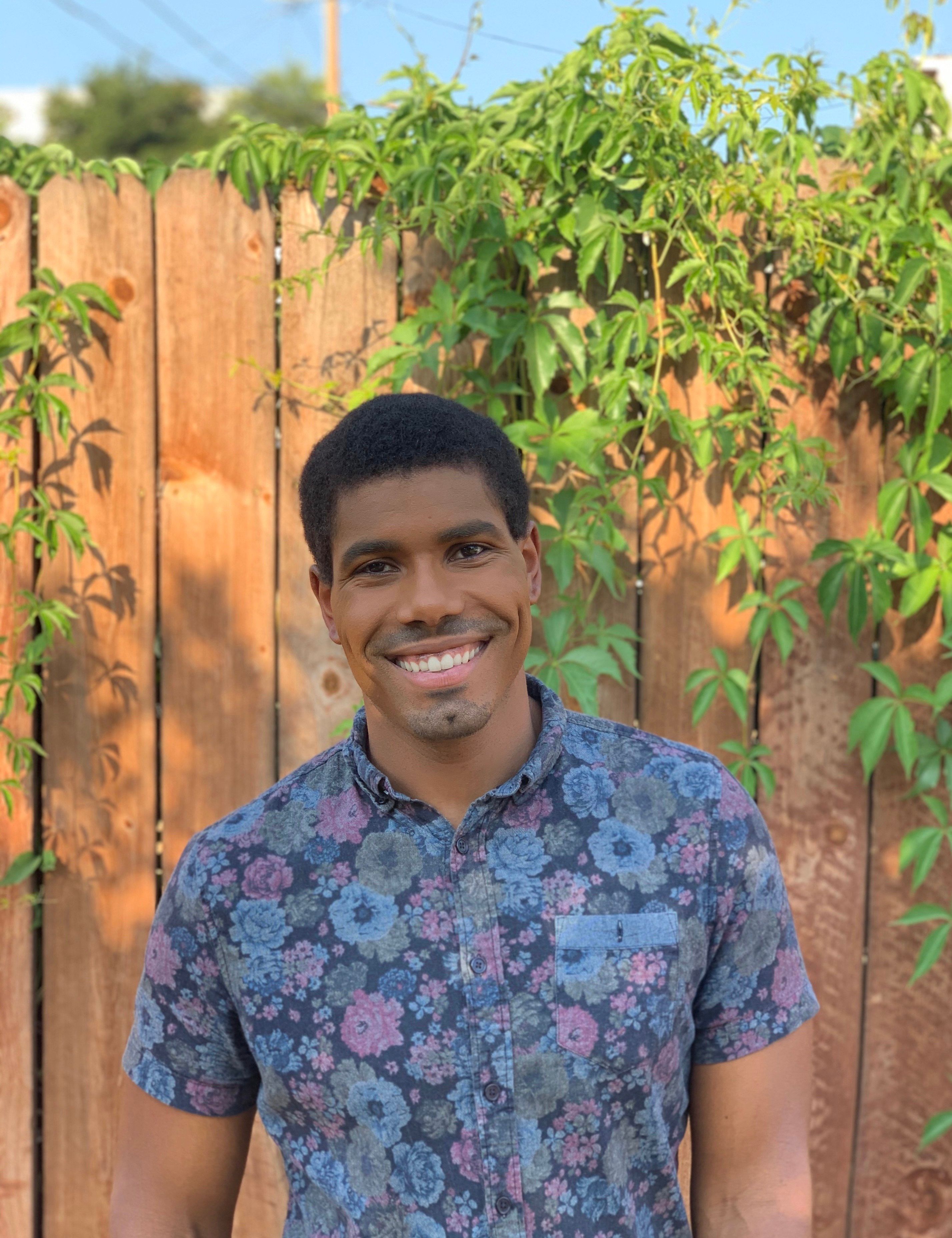Happy Pride Month, everyone! As we all race to Target to purchase every piece of their beautiful pride merch and participate in another month of rainbow capitalism, I thought it might be a good time for me, your not-so-friendly-neighborhood-Spider-Them, to share a post about allyship. Ostensibly, this is for students, but the topics discussed here can be applied by parents, teachers, and counselors alike.
While I am a cardholding member of the Alphabet Mafia, I want to be very clear in stating that my thoughts below are not necessarily the thoughts of all LGBTQIA+ people: we are not a monolith, and I am not the gay Lorax. Anyways, let’s get into it.
In short, an ally is a person who works both to improve the experience of LGBTQIA people and to facilitate the development of their communities around issues of sexual orientation, gender identity, and gender expression. Allies themselves can identify as lesbian, gay, bisexual, transgender, cisgender, intersex, queer, questioning, or heterosexual. Yes, girl, even if you’re a member of the team, your allyship to other players is a separate issue. One queer identity does not absolve anyone from poor behavior toward members of another queer group, especially given that some queer groups still wield much more privilege than do others. It’s called intersectionality.
Now you may notice that my definition of an ally centers on actions. That’s the point. Being an ally is not about wearing a Pride Flag for 30 days in the summer, and it’s not about learning all of the proper queer slang to use with your friends (I will have a separate rant about the misappropriation of AAVE in another post). Allyship is about actually putting in the work to make the world a better and safer place for members of the queer community.
If you are looking for ways to be a better ally, I have some tips.
No one is asking you to become a queer theory expert, but it’s important to know the cause you are defending. There is a widespread lack of information (especially among cis-white communities) about the unique types of discrimination faced by members of the queer community. Issues of homophobia, transphobia, bi-erasure, and gender-discrimination exist in so many ways that people outside of the community overlook and dismiss. But do not ask your queer friends to be your Google. Do not ask them to regale you with tales of their hardships: do no put that emotional labor on them. Do your own research to learn the history of the movement; learn what’s been done before, what’s being done, and what needs to be done. You can even watch a documentary somewhere if you don’t like reading. (I don’t have documentary recommendations. I don’t like documentaries. It’s an inefficient medium.)
Maybe the things you learn will help add some clarity or nuance to your overall interests in the future. Not saying you’ll all become Women’s and Gender Studies majors, but learning is always a worthwhile endeavor, and the little things you learn here can have an impact on the way you pursue things like political science and economics, or could help you be a better peer in a department like engineering.
- Listen.
To best understand how to help queer people, listen to what they are telling you. If someone tells you that they are experiencing microaggressions, do not be dismissive. If there are local speaker series on queer theory, attend and pay attention. Listen to a Podcast.
If you are in a queer space, let the queer voices dominate. You should definitely ask (appropriate) questions, but your voice should not be the one taking center stage. Be like Frederick Douglass: willing to speak on behalf of others, but cognizant of the fact that they can best speak for themselves.
After all, listening is a great way to learn.
- DO NOT TREAT ALLYSHIP AS A PERFORMANCE.
Let Taylor Swift be an example of what not to do. Being a good ally means NOT trying to occupy the spotlight and NOT using the LGBTQ community as decoration.
It’s not about you, sis.
Allyship is not about getting credit for being a good person. It’s not about showing the world that you care. It’s about doing what you can to uplift people in the queer community simply because it uplifts people in the queer community. Self-serving motivations might still lead to positive action, but they do not make you a good ally.
If you are using your support of the queer community as a way to promote your own moral compass, to make yourself look like a better person, or to get great content for your social media accounts, you are an ally, but not a good one. And if you’re just donning rainbows and taking pictures without even contributing to the cause, you are not an ally.
We all know about those college application questions that ask you to recount stories of how you have contributed to your communities. The substantive work you can do for others as an ally is a perfect example of the type of anecdotal information they’re looking for. But do not go about your work just for the sake of producing that anecdote. Don’t run face first into the point and still miss it, friend. Isn’t nuance fun?
- Be an ally behind closed doors.
Your privilege means you are more likely to be present in social circles that do not include some LGBTQIA+ people. Perhaps you have a homophobic uncle. Maybe you know a terribly problematic author of a world-renowned fantasy series about a magical school in England. You might hear derogatory language used by members of your sports teams or other friends. These are the instances in which a true ally shines by taking the time to challenge people and to speak up for the people who are not there. Allyship requires bravery.
You’re going to get it wrong at some point. We all do. I have misgendered mine very own self when absentmindedly writing in the third person (do we not all write about ourselves in the third person?). The best thing to do in these situations is to acknowledge the mistake and to try not to make it again. You might even ask a friend how you can be better about whatever it is you got wrong.
- Be there.
Show up for members of the queer community in ways that matter. Take responsibility for your actions and your words, educate the people around you, and use your privilege to help others. Speak up when someone is misgendered in class. Correct your friends if they use outdated or derogatory language because “no one will hear,” and definitely correct them if they use that language around a queer person who would benefit from knowing someone has their back. Attend a protest – your body is probably safer in public than are the bodies of some queer people. Sign a petition – your political voice matters in ways that can really make a difference. Donate if you can – progress costs money: thanks capitalism!
Real talk, though: one of the most important things an ally can do is be available for the queer people around them.
Fun fact: pretty much all of these tips apply to any form of allyship. Swap “LGBTQIA+” for “BIPOC” or change “queer” to “differently abled” in almost any one of these situations, and BOOM you have your answer to how to be a better ally to another community. It’s kind of like there are universal truths to acknowledging people’s lived experiences and helping them move through a world that was not created to equally support or protect them.
College is more than a collection of buildings and classrooms: it is an experience of community, collaboration, and exchange. When you get to your campus of choice, you are going to become a member of a brand-new community with brand-new peers. The information above can help you make sure said community is a safe and welcoming place for all of said peers.
About Us: With more than twenty years of experience, Collegewise counselors and tutors are at the forefront of the ever-evolving admissions landscape. Our work has always centered on you: the student. And just like we’ve always done, we look for ways for you to be your best self - whether it’s in the classroom, in your applications or in the right-fit college environment. Our range of tools include counseling, test prep, academic tutoring, and essay management, all with the support of our proprietary platform, leading to a 4x higher than average admissions rates.






